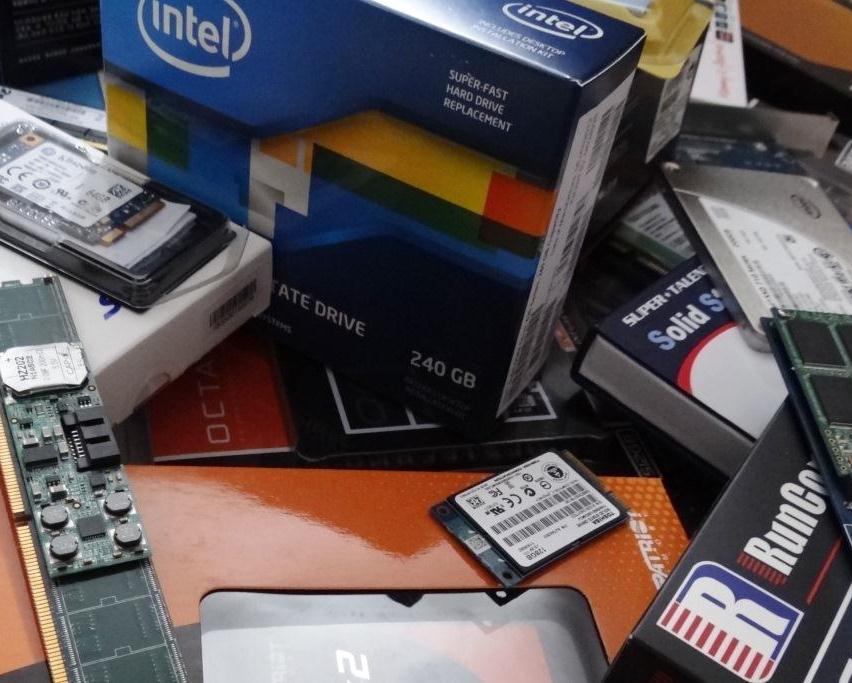So I just ran into this issue when I expanded past my 1TB nvme drive into a 4TB SSD, and was finding it was a runninng significant slower than it should for sequential reads, according to various benchmarks / marketing.
I'm not really sure what is going on, but this maybe be a cautionary tale to not believe block diagrams! I have a MSI x570 Gaming Edge Wifi (the mobo reviewed in the link at the start of this thread), and
its block diagram (page 21) says that all 6 SATA ports go through the PCH.
However, in my testing ports 1 & 2 perform significantly worse than ports 3-6.
Reference CrystalDiskMark pulled from
a benchmark in a review for a similar drive:
View attachment 44443
My Result from Port 1 (Port 2 looks similar):
View attachment 44444
This looks bad! Here is that same SSD though, in Port 5:
View attachment 44445
CDM seems to vary a lot, but ports 3-6 are all consistently 400-550 for Seq Q32T1 Read, whereas ports 1-2 always sit somewhere inside 3xx.
https://www.thessdreview.com/featur...ra-3d-ssd-review-1tb-twins-at-their-finest/3/
I'm not knowledgeable enough to know if this could be because Ports 1&2 go through a different flow than 3-6, but if you're seeing bad performance it's definitely worth ignoring what's written and just trying every port.
p.s., this was the
last thing I tried, after reformatting multiple times with different block sizes, trimming, resetting and updating my BIOS to latest and trying other benchmarks and different versions of CDM.
p.p.s. I know the CDM version is old (and that CDM isn't great), I just wanted to match the benchmark site as quickly and easily as possible so I used the same major




 www.thessdreview.com
www.thessdreview.com



